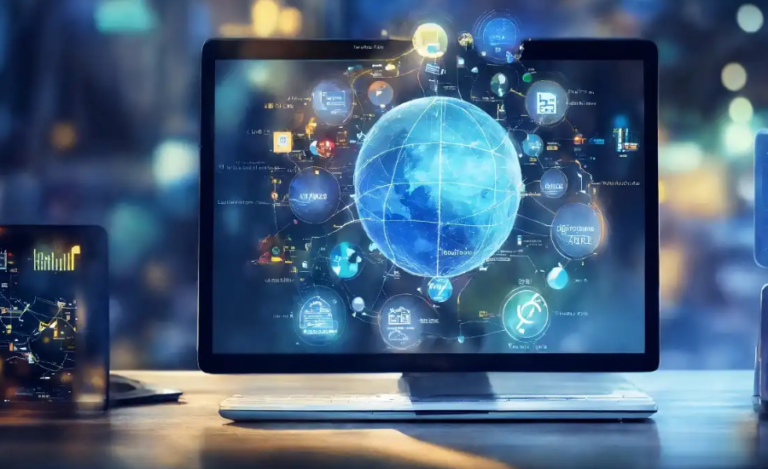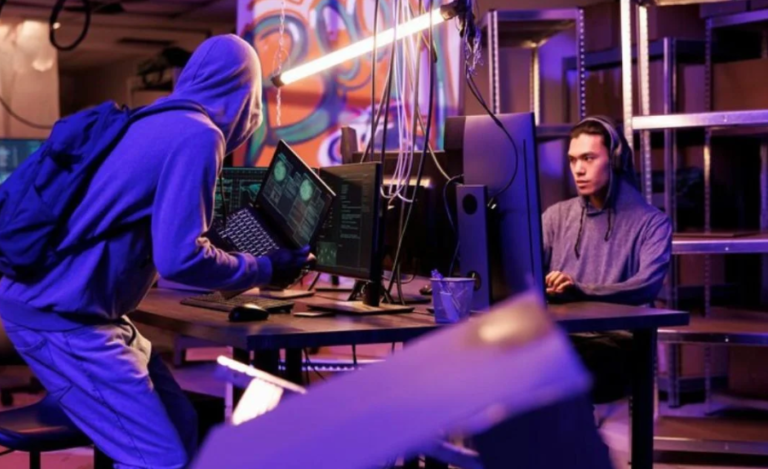How Smart Technology is Revolutionizing the Hospitality Industry
In recent years, the rapid advancement of innovative technology has left no industry untouched, and hospitality is no exception. From AI-powered concierge services to smart room controls, integrating technology in hospitality has transformed guest experiences and operational efficiency. Hotels now offer personalized services through mobile apps, allowing guests to check in, adjust room settings, and even request amenities with a tap. This shift enhances guest satisfaction and streamlines operations, enabling staff to focus more on delivering exceptional service. As hospitality technology continues to evolve, the industry is poised to offer even more innovative solutions, setting new standards for comfort and convenience.
Smart Technology in Hospitality
Smart technology refers to various methods and systems that utilize connectivity and digital solutions to improve efficiency and user experience. This encompasses numerous tools and applications in the hospitality sector, including automated check-in/check-out systems, smart room controls, and AI-driven customer service platforms. The technologies above are engineered to optimize workflows and augment the visitor experience through tailored amenities and heightened interaction.
The advent of smart technology brings a paradigm shift in how hotels manage their daily operations. Employees can concentrate more on providing individualized guest services since automated technologies eliminate the need for manual intervention. For example, digital keys allow guests to bypass the front desk entirely, opting to use their smartphones for room entry.
Benefits of Smart Technology
- Increased operational efficiency
- Enhanced guest experience
- Energy savings and sustainability
- Real-time data and analytics
According to a report by Hospitality Net, smart technology can significantly lower operational costs while simultaneously elevating the level of service provided to guests. Implementing an IoT-based energy management system can reduce energy usage by up to 30%, translating to substantial cost savings over time. Additionally, real-time data analytics enable hoteliers to make informed decisions, optimizing resources for better efficiency.
The automation features enabled by intelligent technology streamline operations and reduce human error. This leads to more consistent service delivery, contributing to higher guest satisfaction. Furthermore, efficiency gains free up staff time, allowing them to focus on high-value tasks that enhance the guest experience.
Guest Experience Enhancement
The primary goal of integrating innovative technology into hospitality is to enhance the overall guest experience. Personalized services based on past stays, seamless booking systems, and automated responses to guest needs contribute to making stays more enjoyable and memorable. For example, intelligent room technology can adjust room settings based on preferences recorded during previous visits, ensuring the room is set up precisely as the guest likes upon arrival.
Personalization significantly impacts guest loyalty and satisfaction. Guests who experience personalized attention are more likely to return, increasing customer retention rates. Additionally, automation is essential to provide a frictionless experience. Examples include digital payments and smartphone check-ins, increasing guest satisfaction and convenience.
Personalization and Convenience
Personalization is at the forefront of guest satisfaction, and intelligent technology makes it possible. Hotels can remember guests’ preferences from previous stays, offering customized room settings and amenities upon arrival. Automation and AI facilitate smoother check-ins and check-outs, reducing wait times and streamlining processes, thus saving valuable time for both guests and staff.
Another aspect of convenience comes from the autonomy innovative technology provides guests. Self-service kiosks, in-room tablets, and mobile apps give guests more control over their stay, reducing reliance on hotel staff and enhancing the overall experience. This high level of autonomy is particularly appealing to younger, tech-savvy travelers who value speed and efficiency.
Challenges
While the advantages of adopting innovative technology in hospitality are numerous, they come with challenges. High initial investment costs, ongoing maintenance, and data privacy concerns are significant hurdles. Implementing these technologies requires substantial funding upfront, which may only be feasible for some establishments. Additionally, continuous maintenance is needed to ensure these systems function correctly and efficiently.
Another primary concern is data privacy. As hotels gather more data to provide personalized experiences, they must ensure robust cybersecurity measures to protect sensitive guest information. Data breaches may seriously harm one’s finances and reputation. Nevertheless, these challenges are being addressed as technology matures and regulations around data protection continue to evolve, making innovative technology a safer and more reliable option for the hospitality industry.
Employee resistance to change is another challenge that hotels may face. Training staff to effectively use new systems and buy into the operational changes is crucial for successful implementation. Hotels must invest in comprehensive training programs to ensure smooth transitions and efficient use of smart technologies.
Future Trends
The future of intelligent technology in hospitality looks promising, with many innovations continually emerging. Voice-activated room controls and VR (Virtual Reality) room tours are just the tip of the technological iceberg. The industry is also exploring the benefits of augmented reality to offer interactive guest services and experiences, turning regular stays into immersive adventures. Hotels also look into blockchain for secure and transparent transactions, further elevating the guest’s trust and confidence.
One significant future trend is integrating biometric systems to offer seamless, secure, personalized experiences. Facial recognition can expedite the check-in process, while biometric room keys provide an elevated level of security. Additionally, hotels are exploring big data analytics to gain deeper insights into customer behavior, enabling even more tailored service offerings in the future.
Conclusion
Smart technology is undoubtedly revolutionizing the hospitality industry, making operations more efficient and enhancing guest experiences. Though there are obstacles for forward-thinking hospitality businesses, the advantages greatly exceed the disadvantages, making it an investment well worth considering. By keeping up with the most recent technology developments, hotels can maintain their competitive edge and offer their customers unmatched service. The future promises even more advanced solutions to continue transforming the hospitality landscape, ensuring guests’ experiences are as seamless, personalized, and memorable as possible.
Embracing smart technology propels the hospitality industry into the future and ensures that hotels can meet the ever-evolving demands of modern travelers. The industry stands to gain significantly from the further advancement of these technologies, providing visitors with unmatched experiences and service.
Keep an eye for more latest news & updates on Ny-tribune!






